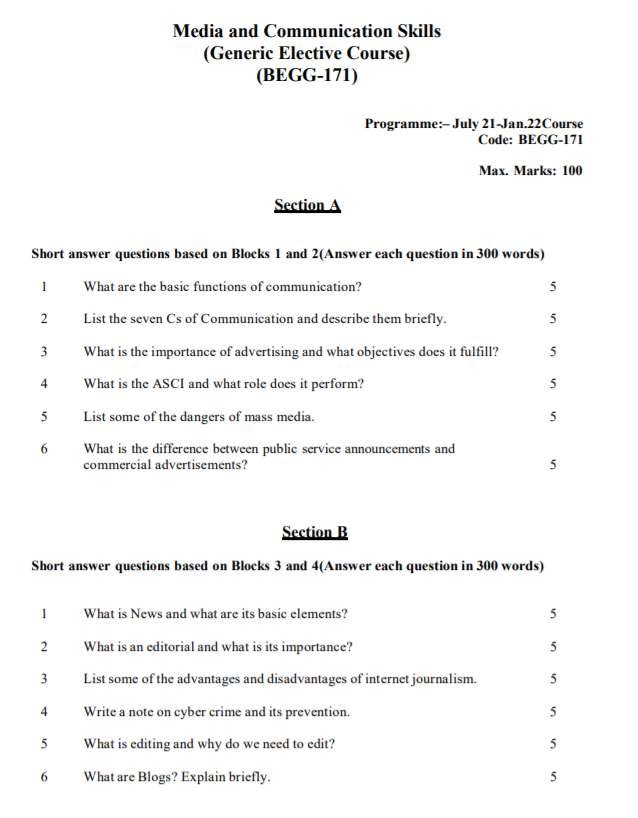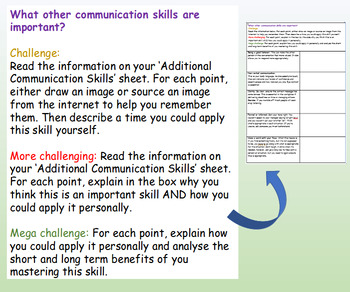Communication skills are essential for success in both personal and professional life. They enable us to effectively convey our thoughts, ideas, and emotions to others, as well as to understand and interpret the messages of others. Effective communication skills are crucial for building and maintaining relationships, resolving conflicts, and collaborating with others.
There are several different types of communication skills, including verbal, nonverbal, and written communication. Verbal communication refers to the use of spoken words to convey a message. This includes the tone of voice, inflection, and volume of the speaker, as well as the words themselves. Nonverbal communication refers to the use of body language, gestures, and facial expressions to convey a message. This can include eye contact, posture, and gestures. Written communication refers to the use of written words to convey a message, such as through email, text messages, or written documents.
There are several key components of effective communication skills. The first is the ability to listen actively and attentively. This means being present and fully engaged in the conversation, and actively seeking to understand the perspective and feelings of the other person. It also involves using nonverbal cues, such as nodding and making eye contact, to show that you are paying attention.
Another important aspect of effective communication is the ability to express oneself clearly and concisely. This involves choosing the right words and using appropriate language for the audience, as well as being aware of nonverbal cues and body language. It also involves being able to clearly articulate one's thoughts and ideas, and being able to present them in a logical and organized manner.
In addition to these skills, it is important to be able to adapt one's communication style to different situations and audiences. For example, the way we communicate with a group of friends may be different from the way we communicate with a boss or colleague. Being able to adapt and adjust one's communication style is essential for building relationships and creating positive interactions with others.
Finally, effective communication skills involve being able to effectively resolve conflicts and misunderstandings. This may involve active listening, empathy, and the ability to see things from the other person's perspective. It may also involve the use of problem-solving and negotiation skills to come to a mutually beneficial resolution.
In conclusion, communication skills are essential for success in both personal and professional life. They enable us to effectively convey our thoughts, ideas, and emotions to others, as well as to understand and interpret the messages of others. Effective communication skills involve listening actively, expressing oneself clearly, adapting to different situations and audiences, and resolving conflicts and misunderstandings. Developing and strengthening these skills can greatly improve our ability to build and maintain relationships, resolve conflicts, and collaborate with others.



:max_bytes(150000):strip_icc()/TermDefinitions_Template_softskills-deadd6b7b048416cbfc6a9022d654578.jpg)



